Canola oil, also known as rapeseed oil, is a popular vegetable oil extracted from the seeds of the canola plant. So, is canola oil good for you and why is it recommended in many diets? Read Kamereo’s article below to better understand the benefits, nutrition, and safe ways to use Japanese canola oil!
Is Canola Oil Good for You?
According to the American Nutrition Association (AND), canola oil belongs to the group of “heart-healthy vegetable oils” when used daily in appropriate amounts. With low saturated fat content, rich in unsaturated fatty acids and omega-3, it reduces the risk of cardiovascular disease.
Canola oil should not be used for high-temperature frying as it can alter fats and cause irritation. However, if used correctly and in moderation, it remains a good choice for health.
To understand more about the wonderful benefits that Japanese canola oil brings, let’s explore the details below!

Benefits of Using Canola Oil
Canola oil is a prominent product known for its preventive and medicinal properties. Here are some health benefits users can gain when using this oil:
Healthy Heart
Canola oil is known as one of the healthiest oils for the heart. It contains the lowest amount of saturated fat among common cooking oils, helping to maintain a healthy heart.
The fatty acids along with phytosterols in canola oil are particularly beneficial for cardiovascular health, and the oil contains no cholesterol, contributing to reducing the formation and absorption of cholesterol from other food sources.

Reduces Inflammation
Canola cooking oil contains omega-3 and omega-6 fatty acids that help soothe inflammatory responses in the body. As a result, it can help reduce symptoms of asthma, arthritis, and improve joint flexibility when used regularly in appropriate amounts.
Provides Energy
Thanks to being rich in antioxidants and good fats, canola oil contributes to increased metabolic efficiency, providing stable energy without accumulating cholesterol. This is a suitable choice for those who pursue an active and healthy lifestyle.
Reduces Cancer Risk
Vitamin E in canola oil acts as a powerful antioxidant, helping to slow the growth of tumors and prevent cell damage. Additionally, the unsaturated fatty acids in the oil also contribute to protecting the body from certain types of cancer such as breast cancer and colorectal cancer.

Lowers Blood Sugar
Canola oil contains a high content of monounsaturated fats, which can improve insulin sensitivity and help control blood sugar levels. Some studies show that diabetic patients who use canola cooking oil instead of animal fat have more stable blood sugar levels, contributing to a reduced risk of complications.
Prevents Memory Loss
Canola oil contains compounds such as omega-3 and antioxidants that nourish nerve cells, reduce inflammation, and support brain function. Including canola oil in the diet can help slow down neurodegeneration, improve memory, and reduce the risk of Alzheimer’s disease.
Improves and Protects Skin
Thanks to vitamin E and essential fatty acids, canola oil helps moisturize, soothe dry skin, and support skin cell regeneration. The oil can be used to calm irritated skin, reduce wrinkles, and improve skin elasticity. With its mild properties, canola oil is also a popular ingredient in many natural skincare products.

Promotes Healthy Hair
Canola oil can nourish hair and scalp from within, while also effectively fighting dandruff. Dry and frizzy hair can be significantly improved when using canola cooking oil, as the oil easily penetrates deep into the scalp, thereby improving hair quality. Not only that, the oil also supports faster hair growth and has a noticeable effect on reducing hair loss.
Nutritional Content of Canola Oil
Canola oil is not only distinguished by its neutral flavor but also by its abundant nutritional supply, especially healthy fats. In addition to a significant omega-3 fatty acid content (9%-11%), canola oil is also very rich in monounsaturated fat (63%), a type of fat beneficial for health. Another plus is that canola oil contains phytosterols, molecules that help reduce cholesterol absorption in the body.
When comparing saturated fat content, Japanese canola oil has the lowest percentage among other common oils:
- Canola oil: 7% saturated fat
- Sunflower oil: 9% saturated fat
- Corn oil: 13% saturated fat
- Olive oil: 14% saturated fat
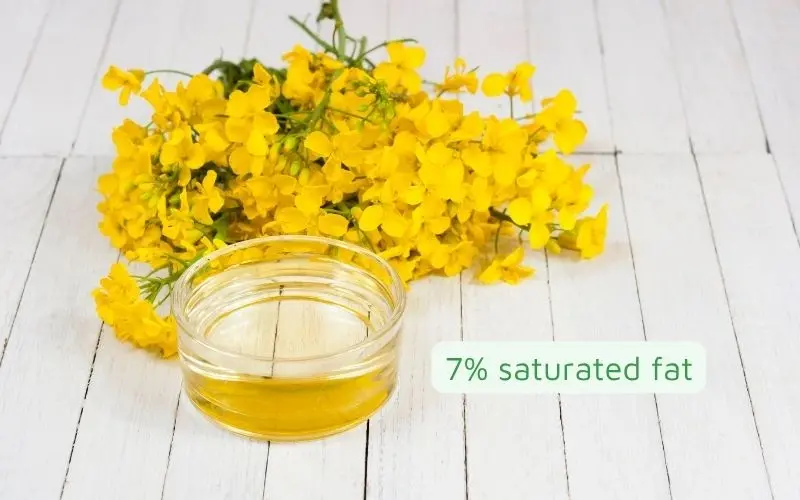
Tips for Using Canola Oil
Although canola oil has many benefits, improper use can have some negative health effects. Here are things you need to consider:
- Do not overuse: Canola oil is rich in omega-6. If used excessively, it can imbalance omega-6 and omega-3, easily leading to inflammation and an increased risk of heart disease and obesity.
- Be careful when reusing oil multiple times: Repeated heating of oil at high temperatures can create oxidative compounds, increasing the risk of inflammation and chronic diseases.
- Highly refined canola oil: The oil production process using heat and chemicals can reduce some beneficial nutrients.
- Risk of memory loss and metabolic disorders: Some animal studies show that Japanese canola oil can reduce memory and increase the risk of metabolic disorders if used long-term.
- Should be combined with other oils: To ensure nutritional balance, you should alternate canola oil with olive oil, avocado oil, or coconut oil.
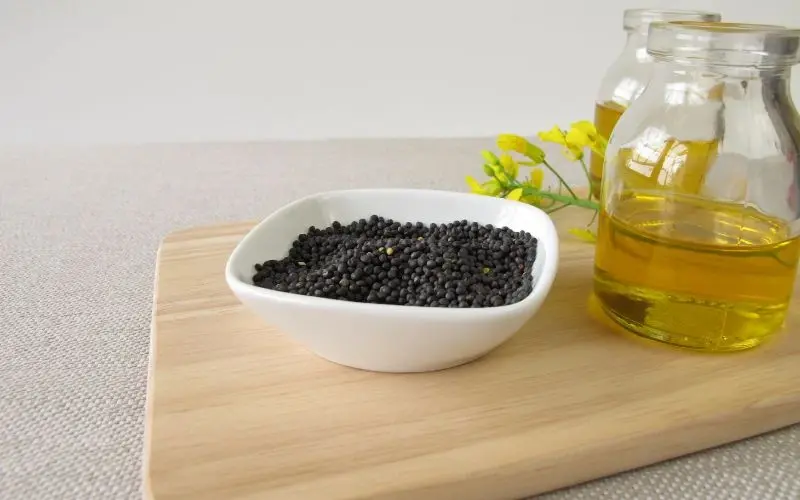
Buy Quality Japanese Canola Oil at Great Prices at Kamereo
Kamereo is a wholesale food supply application that partners with modern F&B businesses, specializing in providing quality products such as Japanese canola oil for restaurants, hotels, and industrial kitchens. As a strategic partner of Gyomu Japan, we are committed to delivering Japanese-standard quality canola oil.
Affordable Canola Oil Varieties at Kamereo:
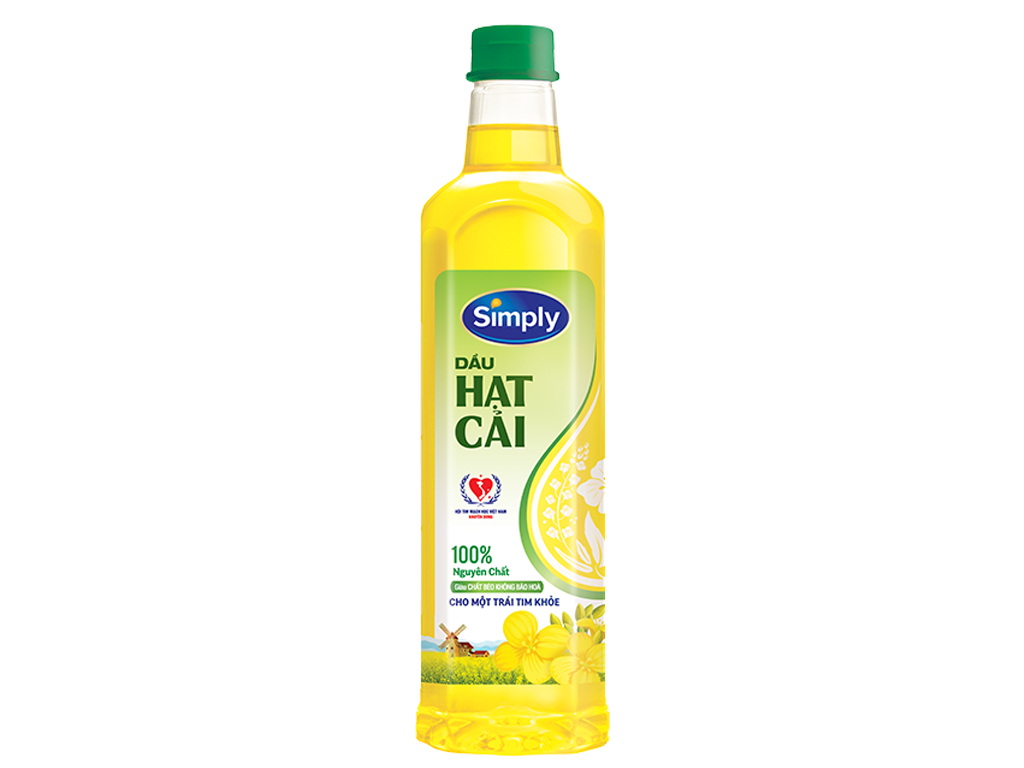
Simply Canola Oil 1L
61,020đ/BOTTLE
73,500đ/BOTTLE

Canola Oil 1650g / キャノーラ油
142,500đ/BOTTLE
150,000đ/BOTTLE
![[Carton] Simply Canola Oil 1L x 12 Bottles](https://images-handler.kamereo.vn/supplier/654/PRODUCT_IMAGE/35ac0311-1e51-46f8-b85c-749221bdfd1b.jpg)
[Carton] Simply Canola Oil 1L x 12 Bottles
700,920đ/CASE
782,500đ/CASE
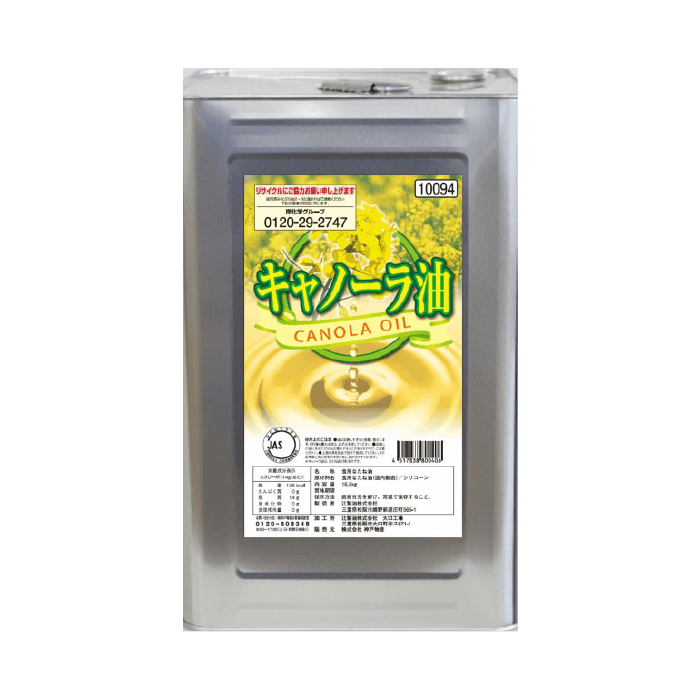
Canola Oil (Tin Can) 16.5kg / キャノーラ油(業務用)
1,490,000đ/PAIL
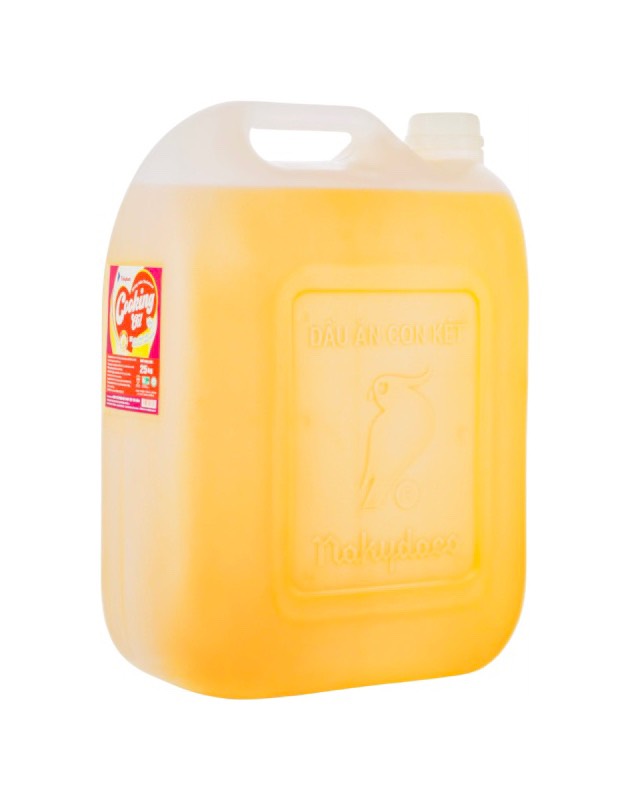
Nakydaco Cooking Oil 25kg
1,020,600đ/PAIL
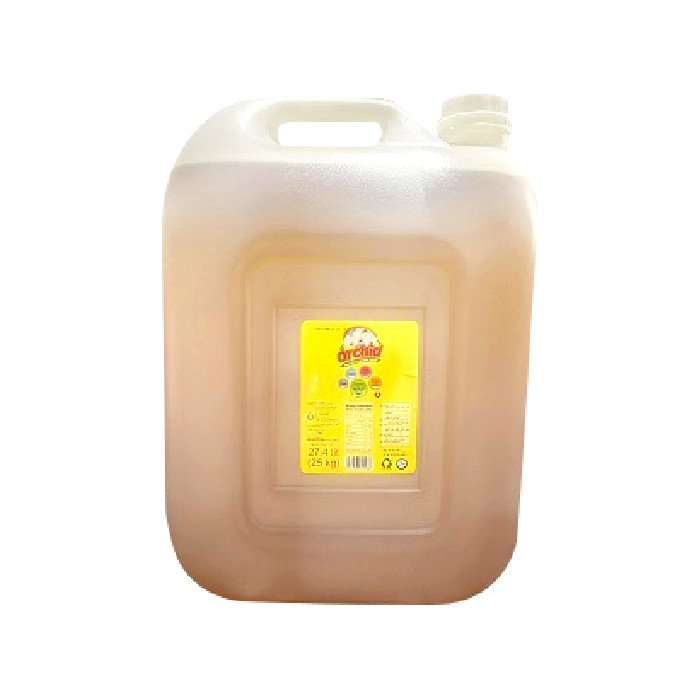
Orchid Vegetable Oil 25kg
987,120đ/PAIL
1,093,000đ/PAIL

Tuong An Cooking Oil 30L
1,100,520đ/PAIL
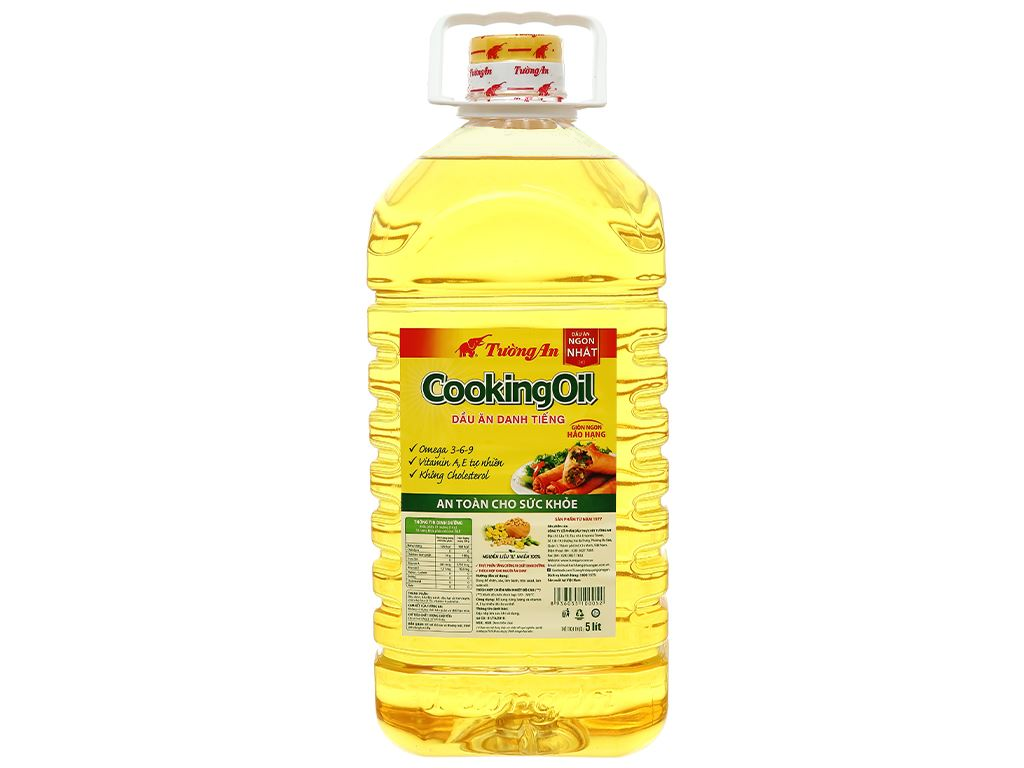
Tuong An Cooking Oil 5L
235,440đ/BOTTLE
290,500đ/BOTTLE
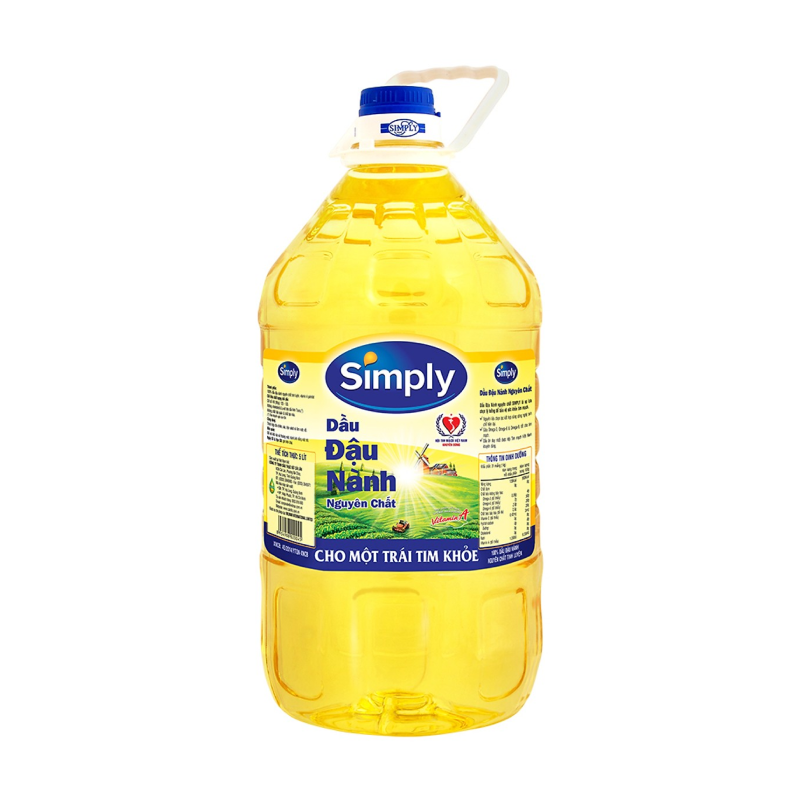
Simply Soybean Oil 5L
316,440đ/BOTTLE
407,000đ/BOTTLE
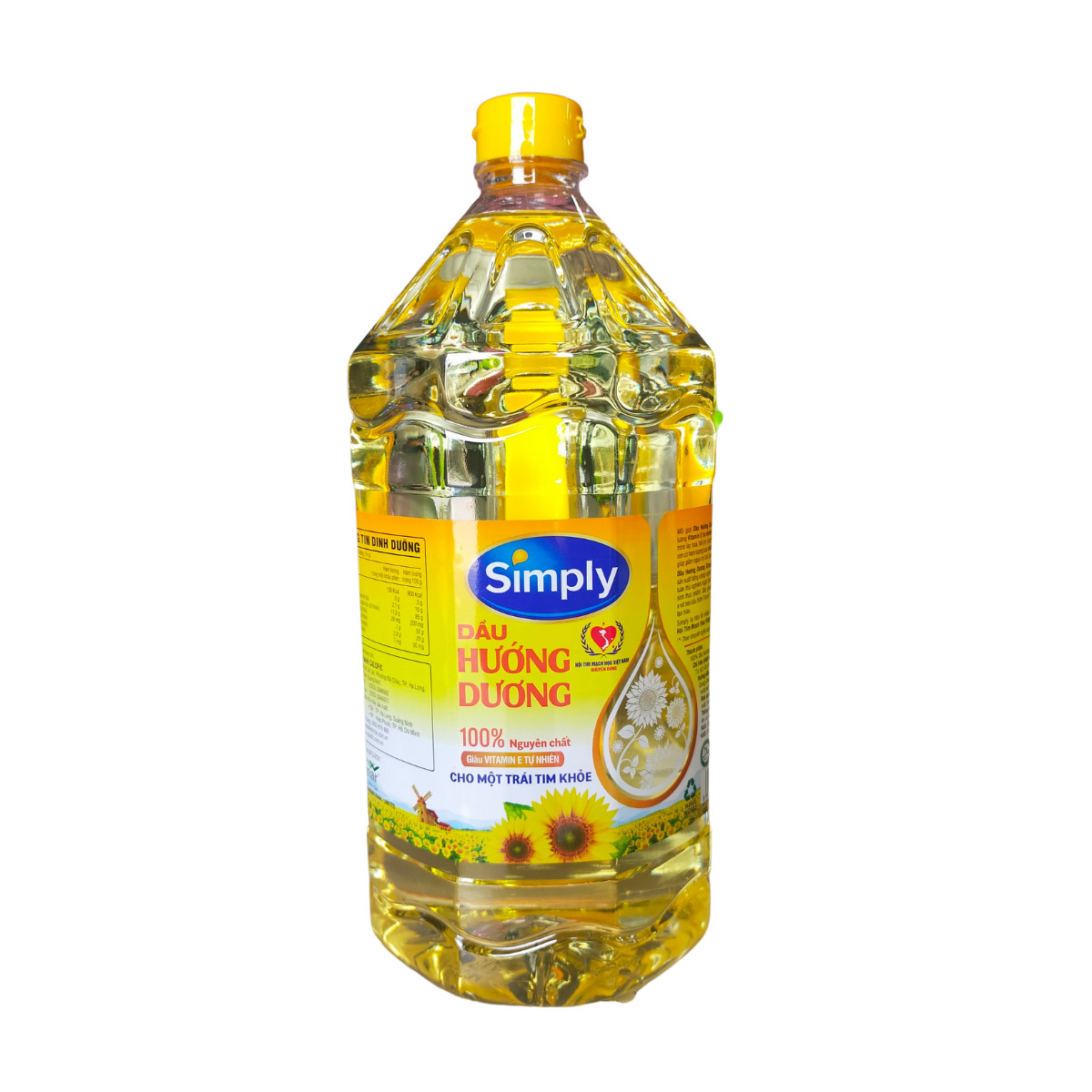
Simply Sunflower Oil 2L
129,060đ/BOTTLE
161,500đ/BOTTLE

Nakydaco Sesame Oil 1.2L
243,000đ/BOX

Nakydaco Sesame Oil 250ml
63,720đ/BOTTLE
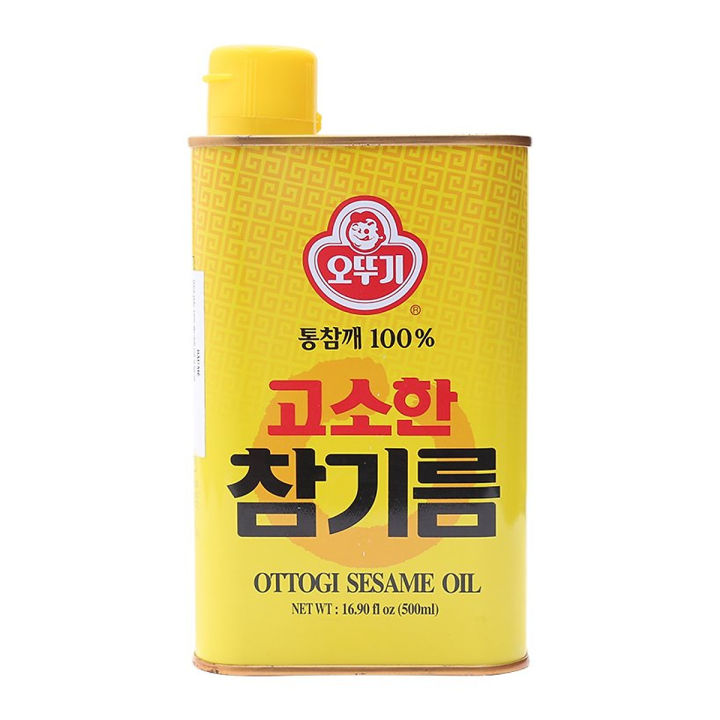
Ottogi Sesame Oil 500ml
312,120đ/PAIL
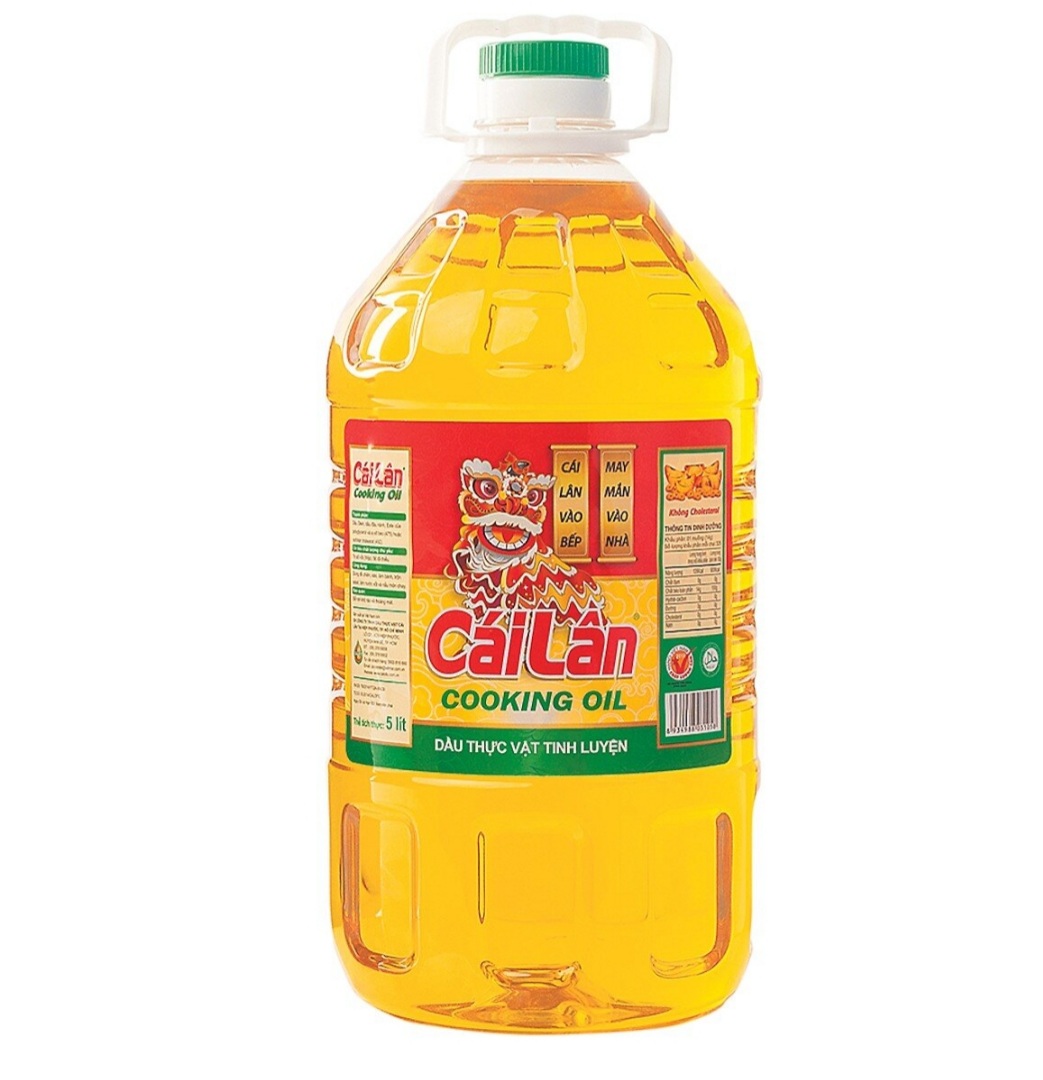
Cai Lan Cooking Oil 5L
192,240đ/BOTTLE
228,500đ/BOTTLE
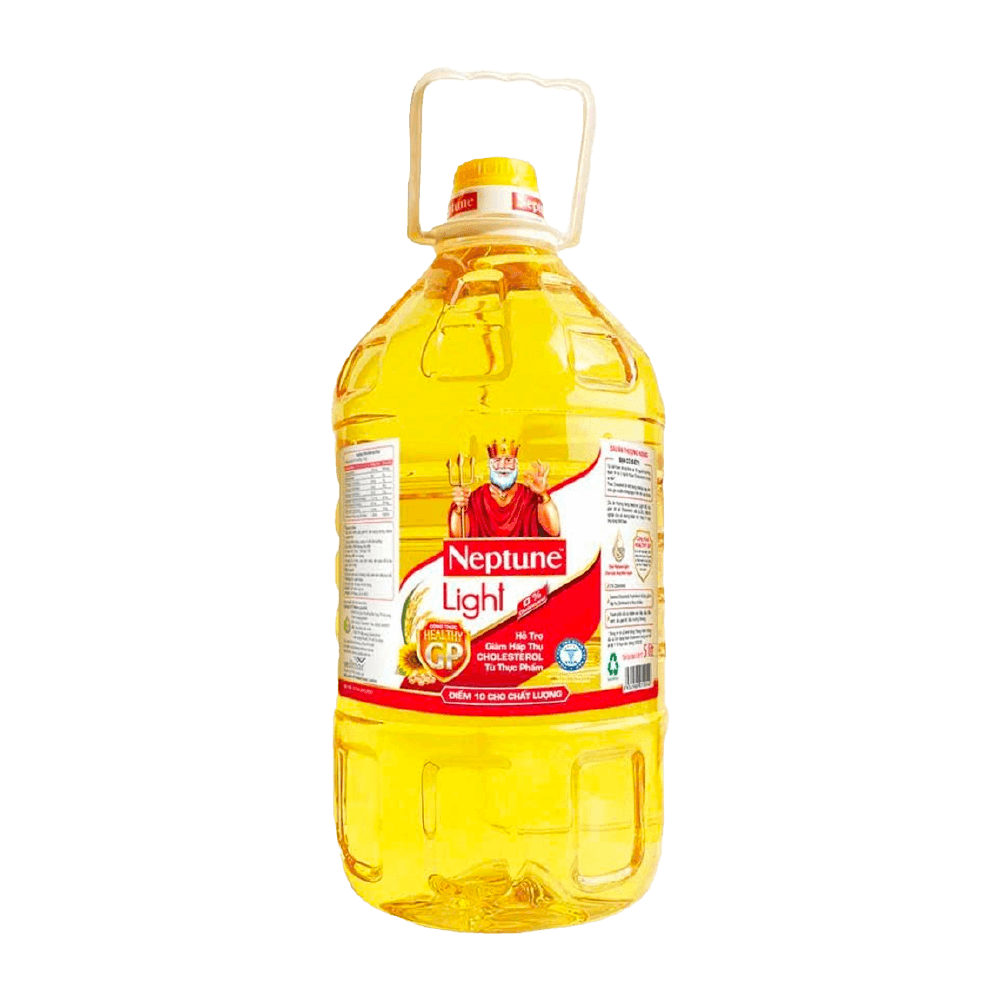
Neptune Light Cooking Oil 5L
309,960đ/BOTTLE

Cai Lan Vegetable Oil 25kg
1,037,340đ/PAIL
1,265,000đ/PAIL
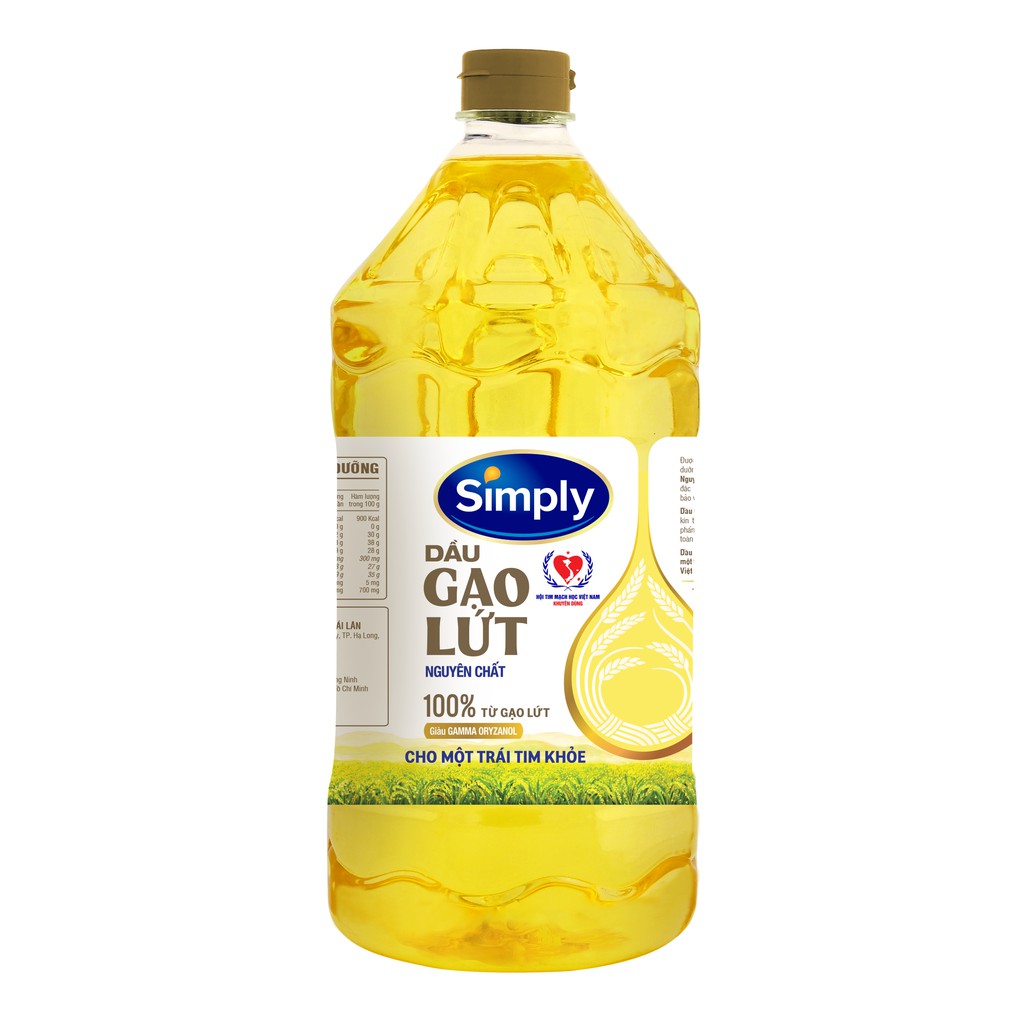
Simply Brown Rice Oil 2L
141,480đ/BOTTLE
161,000đ/BOTTLE

Maslenitsa Refined Sunflower Oil 2L
137,160đ/BOTTLE
154,000đ/BOTTLE
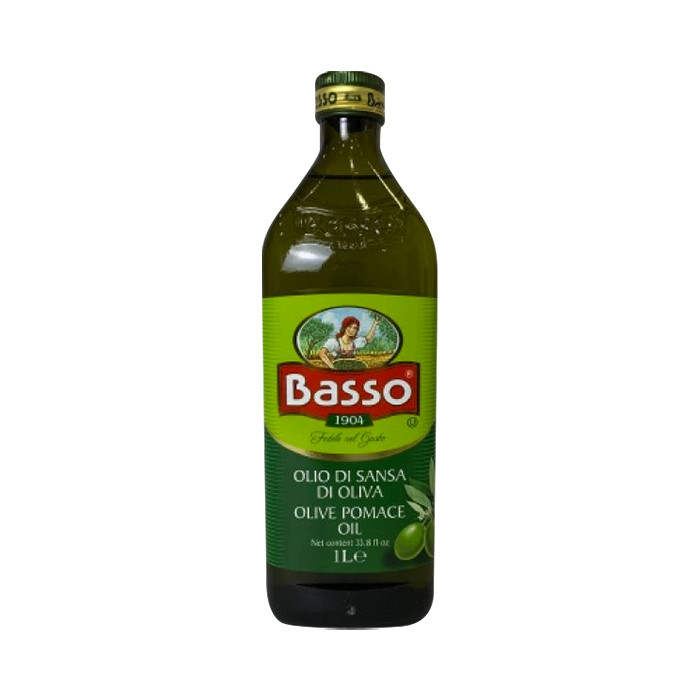
Basso Pomace Olive Oil 1L
210,600đ/BOTTLE
241,500đ/BOTTLE
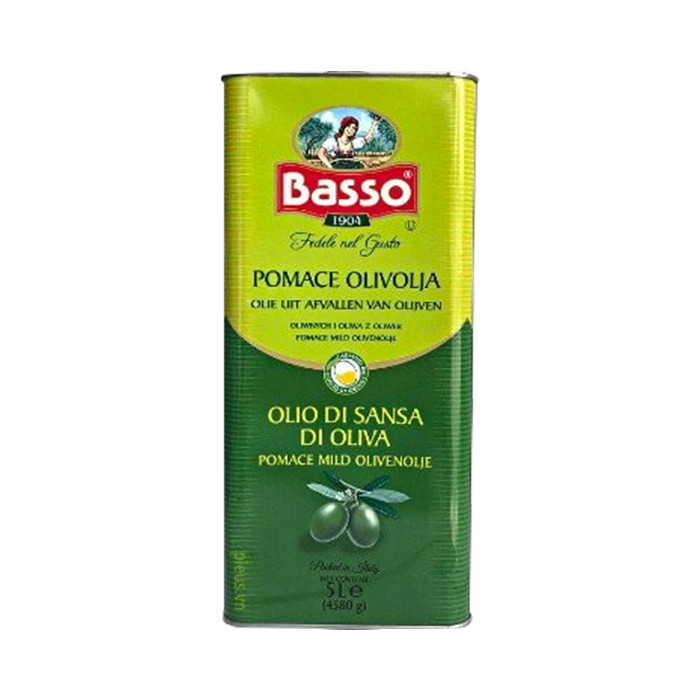
Basso Pomace Olive Oil 5L
862,920đ/PAIL
<button Order Now>

Kamereo not only focuses on product quality but also ensures full financial transparency. Every order includes an e-VAT invoice sent via email immediately after payment. This helps businesses declare taxes easily, eliminating worries about handwritten or erroneous invoices, ensuring clear and transparent finances.
What sets Kamereo apart is the use of technology to streamline the purchasing process—from ordering canola oil to real-time order tracking—all done via a buyer account on our app or website. This enables F&B businesses to manage multiple branches, approve orders remotely, and analyze costs more effectively than ever before.
Today, over 3,000+ F&B businesses trust Kamereo thanks to our consistent quality, transparent pricing, and professional service. Kamereo is not just a supplier, but an ideal partner in supporting the sustainable growth of food service businesses.
Frequently Asked Questions
What is canola oil?
Canola oil is made by pressing the seeds of the canola plant. It’s considered one of the best oils for heart health as it contains the least saturated fat among common oils in the U.S., helping to reduce cholesterol levels in the body.
How is canola oil produced?
Canola oil is made by crushing canola seeds to extract the oil. Each tiny seed typically contains around 42–43% oil. The production process includes several steps:
- Step 1: The seeds are separated and cleaned to remove impurities.
- Step 2: The seeds are lightly heated to around 35°C and then flattened using a roller mill to break the seed surface.
- Step 3: The seed flakes are steamed for 15–20 minutes at 80–105°C.
- Step 4: The cooked flakes are pressed using a screw press, extracting 50–60% of the oil.
- Step 5: The remaining flakes (containing 18–20% oil) are further extracted using hexane solvent.
- Step 6: Hexane is removed by heating the meal at 95–115°C with steam.
- Step 7: The extracted oil is refined through steam distillation, treated with phosphoric acid, and filtered through activated clay. Canola oil may also be hydrogenated to produce margarine and shortening.
What can I use instead of canola oil?
If you wish to substitute canola oil, here are alternatives depending on your cooking needs:
- For high-heat cooking (frying, sautéing, roasting): Coconut oil, olive oil (cooking grade, not extra virgin), avocado oil
- For cold uses (salad dressings, sauces): Flaxseed oil, walnut oil, hemp seed oil
Conclusion
The article above provides detailed information on is canola oil good for you, along with its benefits and usage precautions. Hopefully, it has given you valuable knowledge to take better care of your health through your diet. Don’t forget to follow Kamereo’s Food and Lifestyle section to explore more quality products and helpful culinary tips!
See more:
References:



